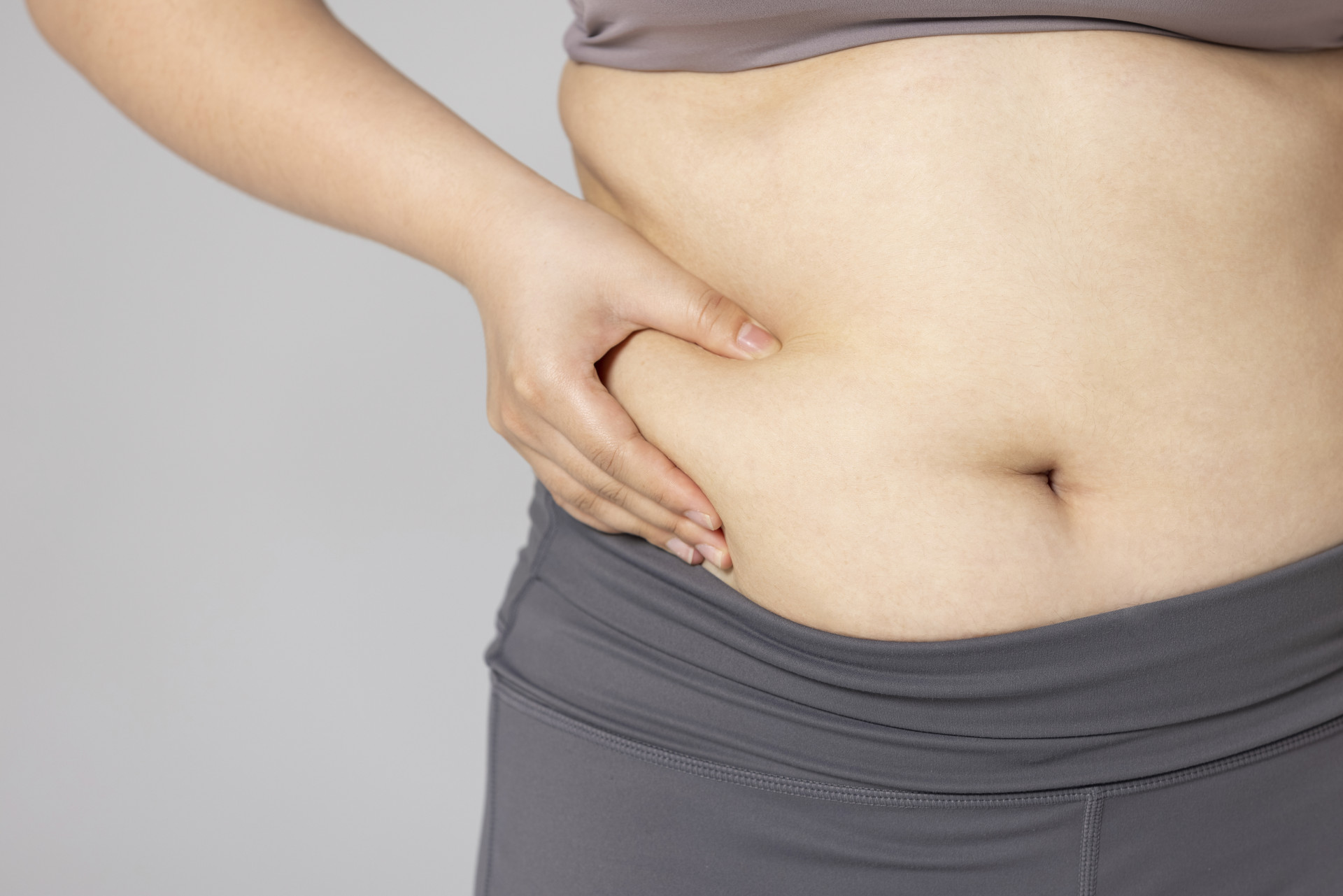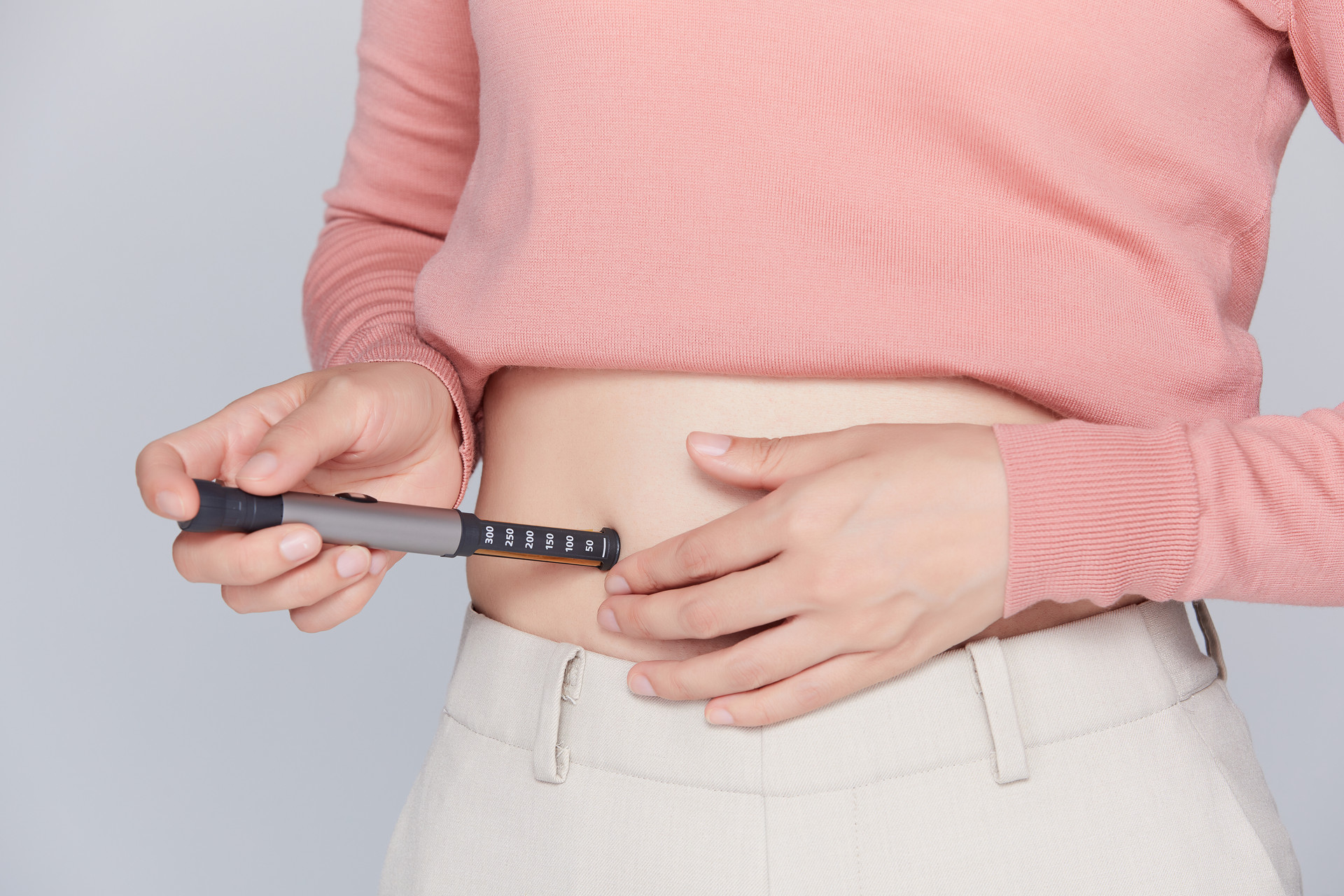Many postpartum women experience a slight depression and are prone to feeling sentimental and tearful in the days to a week after giving birth. This is known as postpartum blues and is considered a normal phenomenon. However, if a woman continues to feel down, becomes increasingly negative, and is unable to care for her baby, it is highly likely that she is suffering from postpartum depression and she should seek medical help as soon as possible.
3 areas to focus on for preventing postpartum depression
When preparing for pregnancy or during pregnancy, women can take preventive measures against postpartum depression from physiological, psychological, and environmental aspects:
Physiological: Maintain a balanced diet and regular lifestyle. During pregnancy, adequate intake of folic acid (abundant in green foods) is recommended. In fact, it is also important to consume sufficient folic acid before pregnancy as it helps maintain the normal functioning of the mother's nervous system. Insufficient intake of folic acid can lead to suboptimal development of the baby's nervous system or even congenital diseases.
Psychological: Women can participate in new mom introduction classes offered by hospitals. Before the baby arrives, both expectant fathers and mothers can learn how to properly take care of the baby and understand what they need to do after delivery to help their bodies and minds recover and regain their spirits as soon as possible. All of this contributes to the mental well-being of expectant mothers, reducing their anxiety and worries about the future.
Environmental: Maintaining harmony in the interaction between the postpartum woman and her family can reduce her psychological burden and stress. This requires efforts from both parties.
Promoting recovery from postpartum depression
When treating postpartum depression, it is essential to assist the patient in accepting herself. The biggest concern for postpartum women is feeling inadequate. If it is the first child, helping the woman understand and learn how to easily fulfill the role of a mother and take care of the child can be beneficial. If she is already a mother, she may feel the added responsibility of having another child, so providing her with emotional support in this aspect can be helpful.
Additionally, when at home, family members can help take care of the child, accompany the woman in taking care of the child, or assist her with household chores. This can help alleviate her stress, reduce her depression, and improve her condition.
In terms of treatment, if medication is not effective, electroconvulsive therapy (ECT) should be considered. A course of treatment consists of 6 sessions, with one session every other day. ECT can be used for patients with either depression or postpartum depression when the condition is severe.











